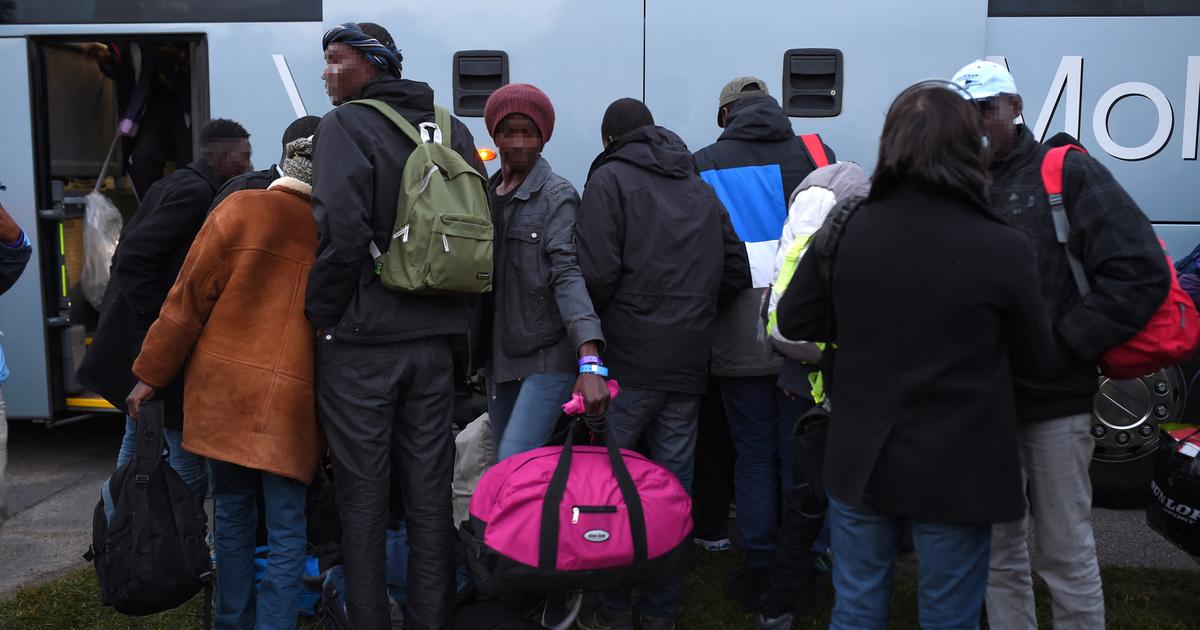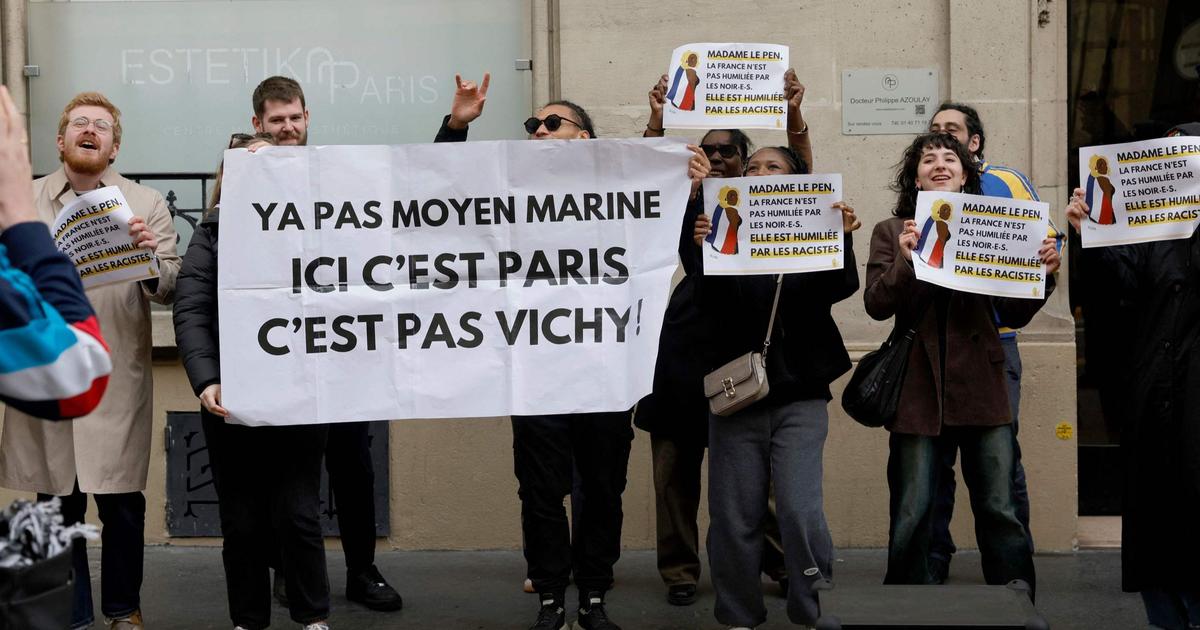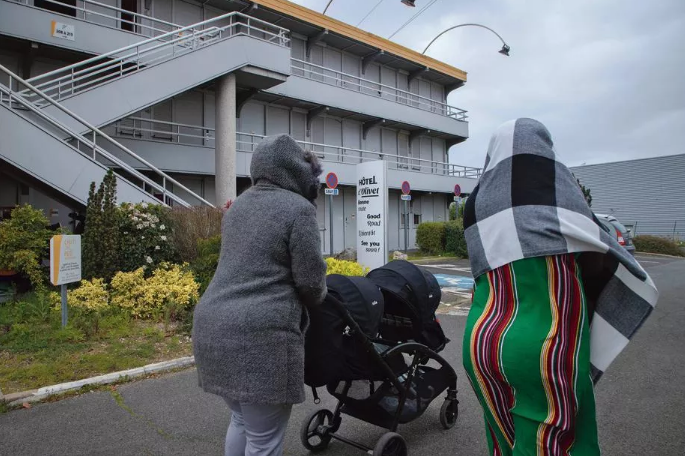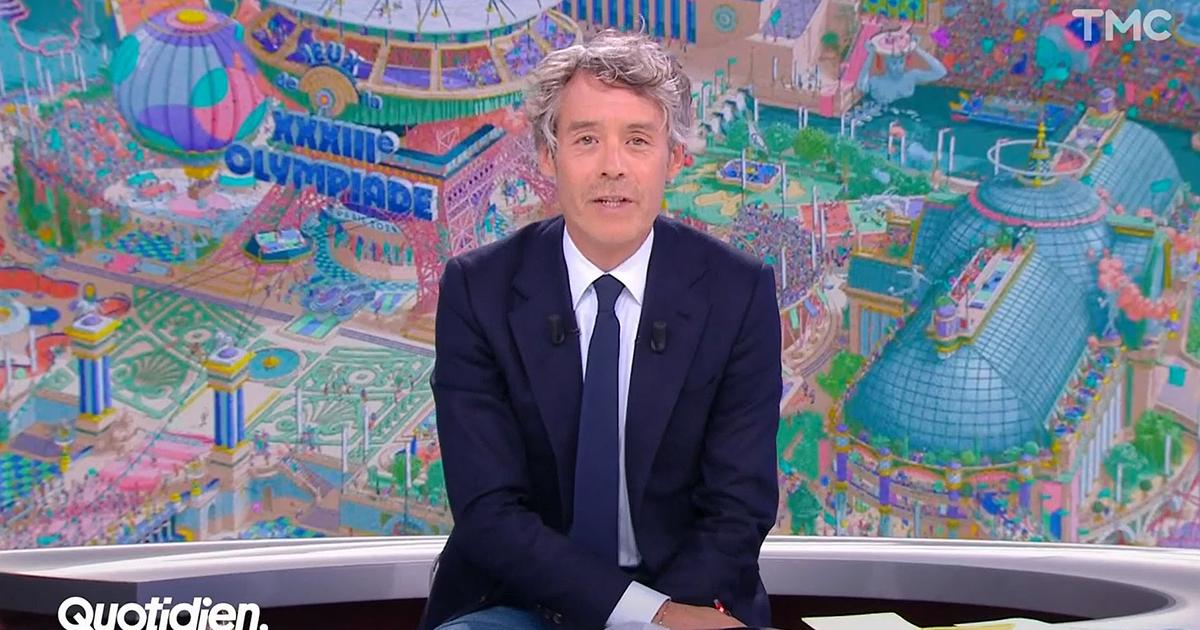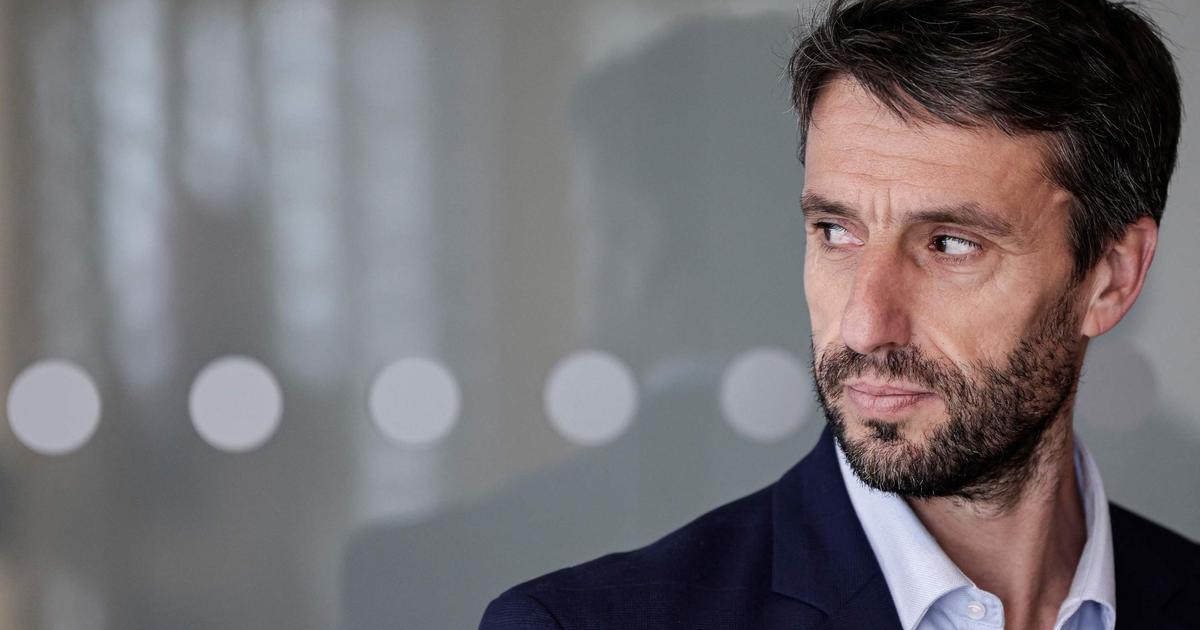"What about human rights?" the associations ask. The French government is coming under severe criticism for its plan to "export" homeless and migrants out of Paris ahead of the rugby world cup in September and the 2024 summer Olympics.
He plans to send them to other parts of France to free up the space of the hotels, which they currently occupy, and accommodate tourists there.
France has a "Samu Social" program, which every night picks up the homeless from the streets and takes them to hotels facing the emergency, especially in winter. At least 200,000 people are housed in these conditions and 150,000 belong to Paris and the Ile de France and the State pays.
The France-Presse news agency reported that since mid-March, the government has asked local prefects to create temporary shelters in all French regions except the north and Corsica. This would free up space in hotels, which are normally used as emergency accommodation centres in and around Paris.
Camping at the Place de la République in Paris in solidarity with the homeless. Photo: Thomas Samson / AFP
Under the plan, homeless people who voluntarily left Paris or its environs would be housed for three weeks in temporary regional reception centres, paid for by the state, before being guided to accommodation in the same region, which meets their needs. Vacating the capital is the priority.
Concerned mayors
Housing Minister Olivier Klein told parliament this month that numerous hotels did not want to serve as emergency accommodation for homeless people or asylum seekers this autumn because they expected an influx of visitors during the Rugby World Cup next September and the 2024 Olympics.
Maud Gatel, a centrist MP from the MoDem party, warned that 5,000 beds in emergency accommodation would be lost.
But city mayors across France are concerned about the plan and their own ability to welcome people.
"We are not against providing housing for the homeless. But we need it to be in the right conditions," said Philippe Salmon, mayor of Bruz, a city of 18,000 near Rennes.
Civil protection groups assist homeless people on a freezing Parisian night. Photo: Christophe Archambault / AFP
Salmon said his city has been asked to accept 50 people every three weeks from September until at least the end of 2024.
The mayor criticized the state of the land where the center would be located, which had been described as a vacant lot near the train tracks. "The soil is contaminated with heavy metals and fuel. For us they are not dignified conditions to house people," he said. Salmon wanted to know how the state would address any potential tensions.
The mayor told France Inter radio station that local politicians had not been consulted. Yannick Morez, the mayor of Saint-Brevin-les-Pins, a coastal town in western France, resigned this month after death threats and arson at his home because of an asylum seeker center he authorized in his village.
The interior of France and medium and small towns resist the arrival of migrants, even if they do not disturb.
The Mayor of Paris
Paris Mayor Anne Hidalgo denied claims that the relocations were being rushed and claimed it was "absolutely not about going after anyone from Paris."
Paris Mayor Anne Hidalgo denied claims that relocations were being rushed. Photo: Thomas Samson / AFP
"It's not at all about chasing anyone from Paris. None at all. No one will be forced to leave. No one will be forced to go to the other end of France," he told the Guardian earlier this week. He added that the problem was a long-standing problem and "totally alien to the Olympics."
"We want to make sure people are housed with dignity," he said.
"I am angry that this has been taken to the city authority because it is not our role or responsibility. We already play more than our part in finding urgent shelter for vulnerable people. Every week we are putting families in homes," the mayor told the Guardian.
He said it was a long-standing issue "totally unrelated to the Olympics" and that he had been asking the government to come up with a plan for years.
"Paris will continue to do its part, but it is up to the state to resolve this. For years I have asked the government to come up with a plan and they have not done so," he said.
Many immigrants gather around the Gare du Nord. Photo: EFE
Hidalgo said Rémi Ferraud, a senator and former mayor of the 10th arrondissement in northern Paris, where many immigrants gather around the Gare du Nord, planned to introduce a bill in late June calling for a national plan to "share" the distribution of people from Paris around France.
The Paris city council says there are 150,000 people in temporary accommodation in the Paris region, Île-de-France, and about 3,000 people, mostly single men and the long-term homeless, sleeping rough in the capital.
Host them outside Paris
The creation of reception centers and the search for accommodation for homeless people and immigrants outside Paris was a solution. But it needed to be properly organised and needed state support for local authorities and homeless people, who voluntarily relocated to their areas.
A person sleeps in front of shuttered businesses in Paris. Photo: Philippe Lopez/ AFP
Hidalgo said the state's failure to address the issue had created a "chaotic situation," which fueled far-right rhetoric.
Emmanuel Grégoire, in charge of urban planning in Paris, said: "The housing of homeless people and immigrants depends on the state. We do more than our fair share."
He added: "We have opened places that offer urgent accommodation for particularly vulnerable people who are under our responsibility, including families with young children. But we can't do this alone and it's not our job."
Olivier Klein, France's housing minister, defended the government's position this week, citing a social emergency.
In Paris, some 3,000 people sleep rough. Photo: Philippe Lopez / AFP
"Our goal is to reduce the number of homeless people in the Ile-de-France region so that we can provide more local support in other regions," he said.
Lack of transparency
Migrant advocacy groups have criticized Paris for a lack of "transparency" about the plans.
"When it comes to concrete implementation, there is not much transparency," Manuel Domergue, research director at the Fondation Abbé Pierre told FranceInfo. He added that he felt the relocations were being done "in a hurry."
"We are concerned about putting people on buses without informing them," he said.
Paris, correspondent
ap
See also




